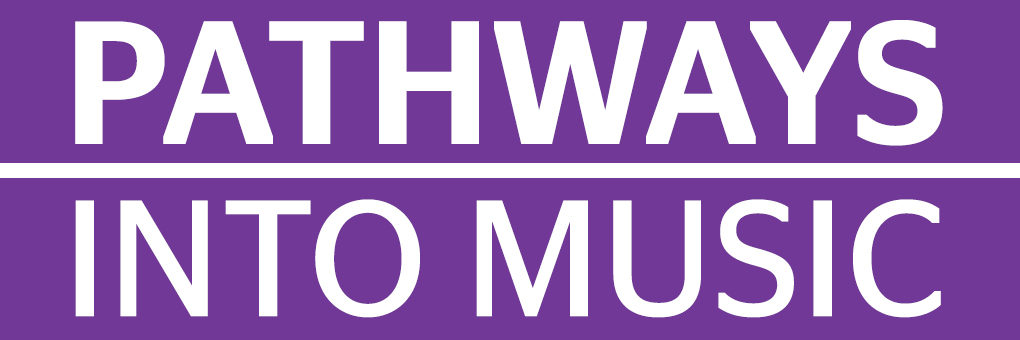Schedule

Schedule
9:00am
Arrivals and refreshments
Teas and coffees will be provided on arrival and the opportunity for guests to network
9:45am
Insights + Perspectives
The Musically Unorthodox Conference is focused on pathways into music and media for young people who have fallen out of mainstream societal infrastructures, and how the music and wider creative industries can better work with youth and community organisations, and local authorities and institutions, to connect with and support young adults who are not currently in education, employment or training.
- Introductions
- In Music In Media story and how our work supporting young people led to the Musically Unorthodox Conference
- Expert insights on youth unemployment
- Expert insights into youth offending
11:00am
Connecting with + Supporting Future Talent
How can the music and media industries better connect with young people who have fallen out of mainstream societal infrastructures and how can education and industry better support those pursuing more informal career pathways?
What programmes and initiatives are already doing great work, how can the industry enable these programmes to do more, and what can we learn from those supporting young people today?
- Regional Panel – we look at these questions from a local perspective, putting the spotlight on programmes and initiatives in Northamptonshire
- National Panel – we look at these questions from a UK perspective, putting the spotlight on programmes and initiatives all over the country.
12:35pm
In The Spotlight (Part One)
Find out about other groups, organisations, institutions and services locally and nationally that do great work in supporting young people in music and media.
- Short Presentations (in person)
- Short Video Presentations
1:45pm
Non-inclusive culture in the music industry
The music and creative industries need access to a diverse mix of talent in order to succeed – which involves connecting with and finding ways to empower young people who have fallen out of mainstream societal infrastructures.
How can music and media companies evolve their outreach and recruitment strategies to reach and employ these young people? And what kind of corporate culture is needed to ensure talent from all backgrounds can truly progress and succeed within the business?
We look at how the music and media industries are meeting these challenges – and what changes could be made to maximise the impact.
- Panel Discussion (with Q&A)
2:25pm
In The Spotlight (Part Two)
Find out about other groups, organisations, institutions and services locally and nationally that do great work in supporting young people in music and media.
- Short Presentations (in person)
- Short Video Presentations
3:00pm
Roundtable Discussions
Delegates and panellists will come together to discuss some key topics, including:
- the ways in which young people discover and engage with services
- the training, skill sets and qualifications needed to succeed
- educational pathways and recruitment channels in the music industry
- opportunities for mentorship and collaboration
4:00pm
Motivational Talk with Morris The Connector
Morris The Connector is a man who has seen the darkest sides of life, but has emerged on the other side with a renewed sense of purpose.
His early adult life got him caught up in various criminal activities including drug dealing, knife crime and violence, but he has since turned his life around and now runs his own successful chauffeur business, driving CEOs, bankers and some of the biggest pop stars in the world.
One of Morris’s greatest achievements has been setting up a youth support organisation to help disadvantaged young people who are growing up without role models.
Morris understands the challenges that these young people face, having grown up in a tough environment himself. He knows firsthand how important it is to have positive influences in one’s life, and he is determined to be that influence for others.
Hear Morris’s story from the man himself, as he shares his experiences, and discusses the potential for positive change, even in the face of adversity.
M U Project
Contact
Email: [email protected]
Tel: +44 (0) 7762 545 275





